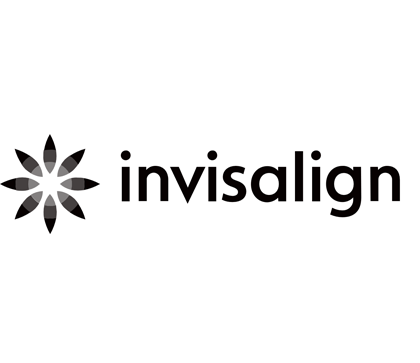
Overcoming Dental Anxiety: How Dentists Can Ease Patient Fears
April 9, 2024
For many individuals, the thought of visiting the dentist can evoke feelings of fear and
anxiety. Dental phobia, or dental fear, is a common concern that can prevent people from
seeking essential dental care, ultimately impacting their oral health. However, with the right
approach and support from compassionate dentists, nervous patients can feel more at ease
during their dental visits. In this blog, we'll explore how dentists can help nervous patients
overcome their fears and receive the care they need.
Understanding Dental Anxiety
Dental anxiety, also known as anxiety at the dentist, is a significant barrier to oral healthcare
for many individuals. This fear can stem from various factors, including past negative
experiences, fear of pain, embarrassment, or a sense of loss of control. For some, the mere
thought of sitting in the dentist's chair can trigger intense feelings of apprehension and panic.
How Dentists Can Help
1. Creating a Safe and Welcoming Environment:
The best dentists understand the importance of creating a welcoming and calming
environment for their patients. From the moment a patient walks through the door, the dental
practice should exude warmth and hospitality, helping to alleviate anxiety from the outset.
2. Open Communication and Trust-Building
Dentists should take the time to listen to their patients' concerns and address any questions
or anxieties they may have. Open communication fosters trust between the patient and
dentist, allowing the patient to feel more comfortable expressing their fears and needs.
3. Gentle and Empathetic Chairside Manner
A gentle and empathetic chairside manner can make all the difference for nervous patients.
Dentists should approach treatments with sensitivity and compassion, explaining each step
of the process and providing reassurance throughout the appointment.
4. Sedation Options for Enhanced Relaxation
For patients with severe dental phobia, sedation options such as nitrous oxide (laughing gas)
or oral sedatives can help induce a state of relaxation during dental procedures. These
sedation methods can alleviate anxiety and ensure a more comfortable experience for the
patient.
5. Gradual Exposure and Desensitisation
Dentists can employ gradual exposure techniques to help nervous patients become
accustomed to dental visits over time. By starting with simple, non-invasive treatments and
gradually progressing to more complex procedures, patients can build confidence and
reduce anxiety.

Find Your Compassionate Dentist Near You
If you're in Hampshire or Dorset and struggling with dental anxiety or fear, know that
compassionate help is available. Smile Circle connects patients with the best dentists in the
area who specialise in providing gentle and supportive care for nervous patients.
For more information or to find a dentist near you, visit Smile Circle's website today at
smilecircle.com/dentists
Take the first step towards overcoming dental anxiety and prioritising your oral health –
discover a dentist who understands and cares at Smile Circle.

 Head Office - UK - Unit 1 B 132 Weyhill Road, Andover, Hampshire England, SP10 2PR.
Head Office - UK - Unit 1 B 132 Weyhill Road, Andover, Hampshire England, SP10 2PR. 








